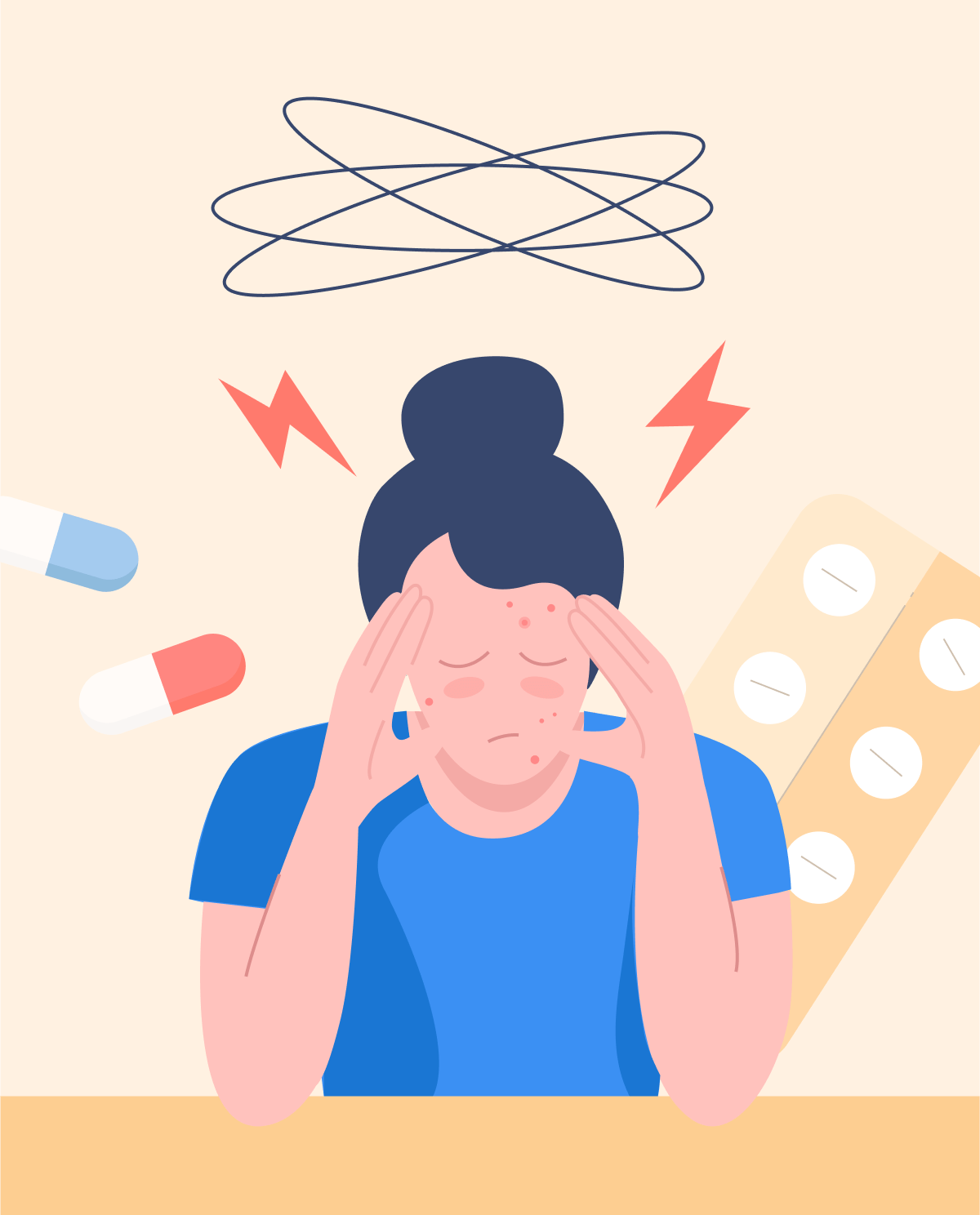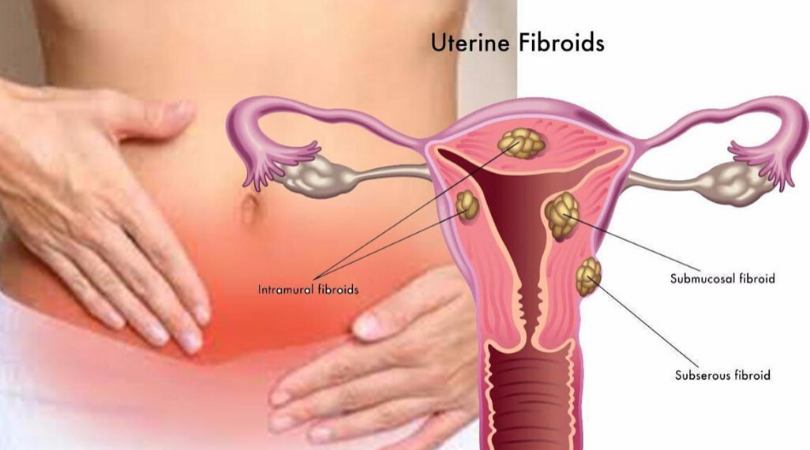Absolutely, hormones play a crucial role in various aspects of women’s health beyond just regulating the menstrual cycle. They influence everything from mood and metabolism to bone health and reproductive function. Here’s a closer look at some key roles of hormones in women’s health:
1. Bone Health:
Hormones like estrogen play a significant role in maintaining bone density. As women age and approach menopause, estrogen levels decrease, which can lead to a higher risk of osteoporosis and fractures.
2. Reproductive Health and Fertility:
Hormones like follicle-stimulating hormone (FSH) and luteinizing hormone (LH) regulate the menstrual cycle and ovulation. They also affect the development and release of eggs from the ovaries, which is essential for fertility.
3. Pregnancy and Childbirth:
Hormones like progesterone and human chorionic gonadotropin (hCG) are essential during pregnancy to maintain the uterine lining and support the growing fetus. Oxytocin plays a role in triggering contractions during labor.
4. Metabolism and Weight Management:
Hormones influence metabolism and how the body uses energy. Thyroid hormones, for example, regulate the body’s metabolic rate. Changes in hormone levels can affect weight management.
5. Mood and Mental Health:
Hormones have an impact on mood, emotions, and mental well-being. Fluctuations in estrogen and progesterone levels can contribute to premenstrual syndrome (PMS) and mood changes during the menstrual cycle.
6. Thyroid Function:
Thyroid hormones (thyroxine or T4 and triiodothyronine or T3) regulate metabolism, energy production, and overall body temperature. Thyroid dysfunction can lead to various health issues.
7. Skin Health:
Hormones influence skin health, including oil production, collagen formation, and the appearance of acne. Fluctuations in hormones can contribute to skin issues during puberty, pregnancy, and menopause.
8. Breast Health:
Hormones like estrogen and progesterone influence breast development and the menstrual cycle’s effect on breast tenderness. These hormones also play a role in breast cancer risk.
9. Cardiovascular Health:
Estrogen has a protective effect on cardiovascular health, as it helps maintain healthy blood vessels and cholesterol levels. After menopause, when estrogen levels decrease, women’s cardiovascular risk increases.
10. Sleep Regulation:
Hormones, such as melatonin and cortisol, play a role in regulating sleep patterns. Hormonal changes, such as those experienced during pregnancy and menopause, can affect sleep quality.
11. Sexual Function:
Hormones impact sexual desire, arousal, and overall sexual function. Fluctuations in hormone levels can affect libido and sexual well-being.
Balancing hormones is essential for overall health and well-being. Hormonal imbalances, whether due to conditions like polycystic ovary syndrome (PCOS), thyroid disorders, or menopause, can have a significant impact on various aspects of women’s health.
If you suspect a hormonal imbalance or have concerns about any aspect of your health, it’s advisable to consult a healthcare professional, such as a Gynecologist Dr. Arohi Tasgaonkar, for proper evaluation and management connect Gynecologist in Hiranandani Estate, Thane.



